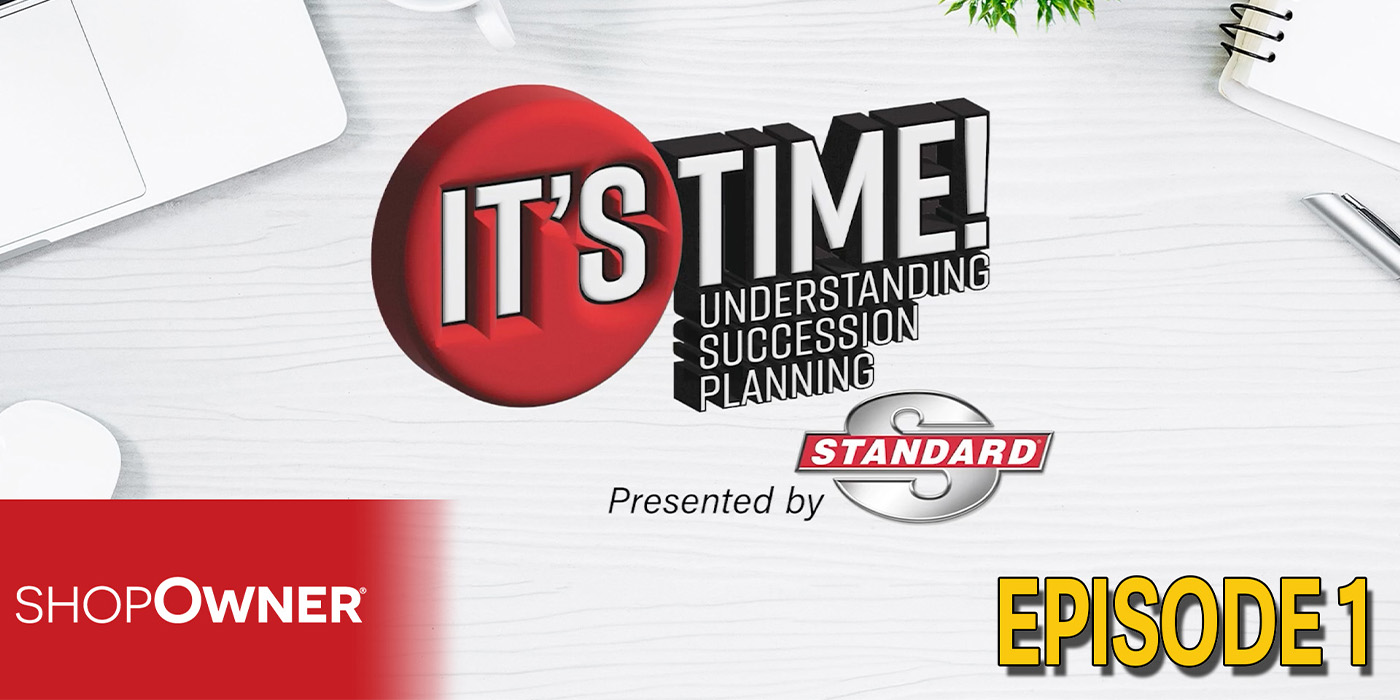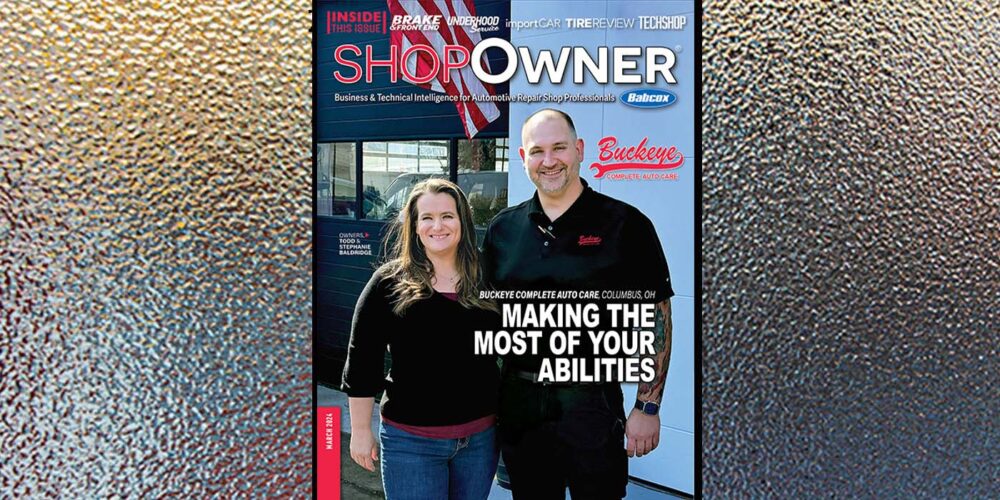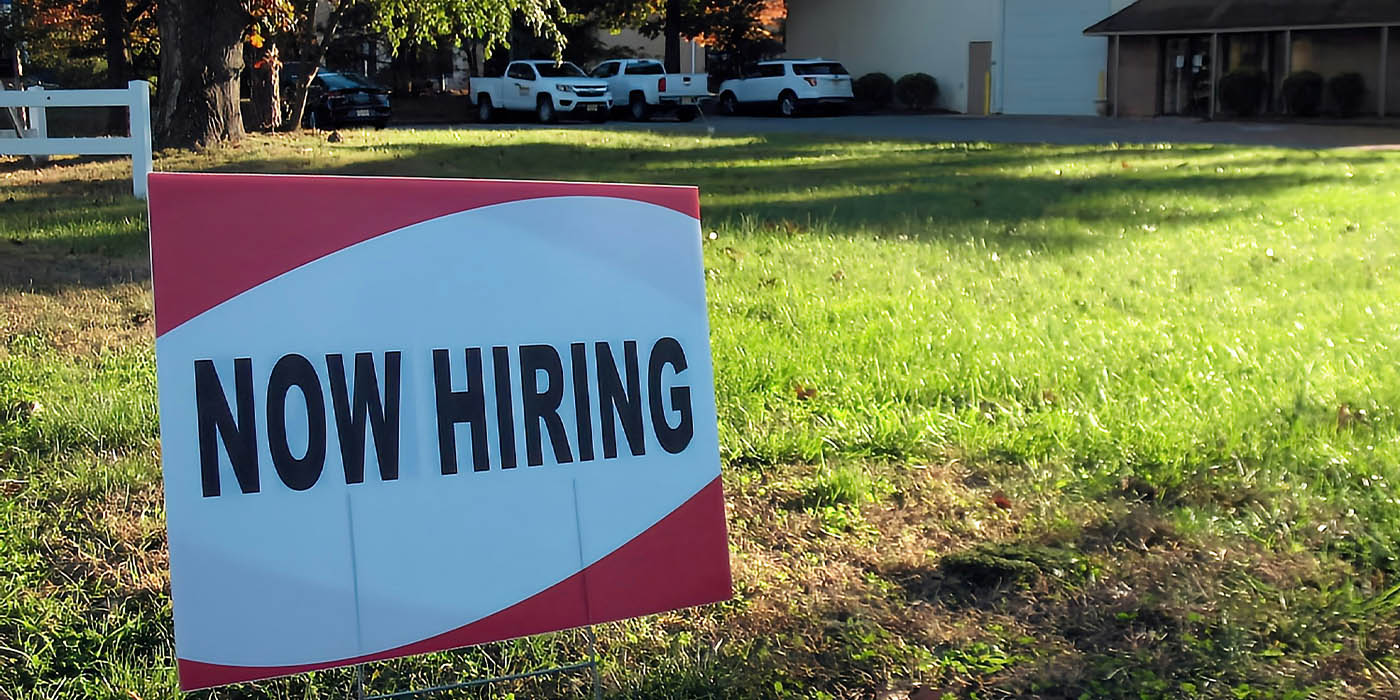
Consider the following two team members:
“The Performer” comes in early every morning to make sure they are as ready to excel for the day. They constantly will be reviewing procedures and seeking out new industry information to always strive for a proper repair. They are always willing to support other team members constantly and work well independently. They always put in the extra effort needed for success every day and produce the desired results.
“The Underachiever” regularly comes in late and scrambles to get ready every morning with constantly inconstant results. They are frequently stumped by common issues in the repair process. They are often in a bad mood and let everyone know it. Their command of shop gossip far exceeds their command of repair knowledge. They believe management is always out “to get them” and maintains a victim mentality. When the afternoon comes around, their eyes are glued to the clock, waiting for quitting time.
When a promotion is available, what’s the fairest thing to do: consider them both equally, or make sure The Performer is more rewarded for their outstanding efforts, behavior and results than The Underachiever is for their bare minimum performance?
Everyone on our team should be given the same opportunities to grow and improve in their career. As Americans, we are all equal under the law. No one is inherently superior to anyone else simply because of their ancestry or advantages.
When it comes to our actions and effort, however, we are all not equal, and there’s nothing wrong in acknowledging this. In fact, I believe there’s nothing more unfair than Equal Treatment of Unequals in a workplace.
When everyone is treated equally — without regard for their performance, attitude and results — this sets a potentially demoralizing example for both the Underachievers and the Performer who is giving it their all.
If The Performer receives nothing more than The Underachiever, who is uninterested in doing more than scraping by, management is basically presenting them with three options:
- Keep doing what they are doing (There are people who only run at one speed: Full Ahead. It’s the only way they know how to perform.)
- Slack off and match their effort to The Underachiever (If they’re equally rewarded, there’s no real downside for them, and they might not even be consciously aware they’re doing it.)
- Look for another job (If they are producing exceptional results, it will be easy for them to find many leaders who will appreciate and reward their effort and results.)
Few people will continue with extreme effort and results and will select Option 1 if this pattern continues. Human nature will cause resentments and, eventually, The Performer will choose Option 3.
People in the shop usually have a good sense of how much effort everyone around them is putting into the mission. The quickest way to run off great team members is for leaders to adopt the “equal” policy of everyone getting the same bonuses, the same benefits and the same annual raises. Soon, the company will find itself full of middling-to-poor team members and will be weighed down with mediocrity.
If someone is making an honest effort to improve their performance, or you believe an employee deserves a second chance, then it’s fine to give them that opportunity. When it comes to rewards, benefits and treatment, however, leaders must take into account each employee’s behavior, attitude, actions and results. All-star employees probably don’t require constant supervision, for example; applying the same stringent oversight to The Performer as you might to The Underachiever will only cause resentment and a potential decrease in effort and output.
Leaders must be aware of the message they’re sending by how they treat employees. Everyone should be treated fairly and have the opportunity to grow. The difference between “fairly” and “equally,” however, will set the tone of your workplace.
This article originally appeared in Auto Sucess magazine. Chris Saraceno, is the Vice President & Partner of the Kelly Automotive Group. He can be reached at [email protected].













